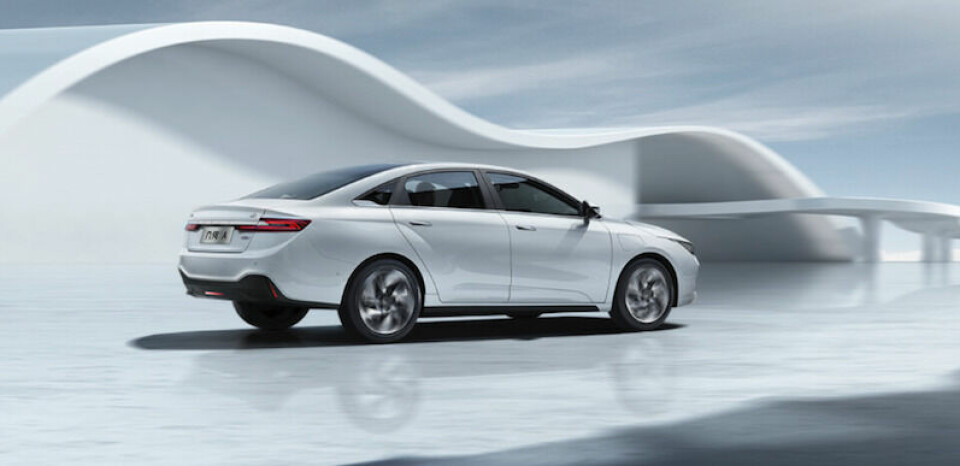The politicisation of electric vehicles accelerates

I have commented before on how barely a week goes by without one or other vehicle company announcing a new electric vehicle; Geely went one step further recently by announcing a whole new brand for future electric vehicles, to be called Geometry. This follows in the footsteps of Volkswagen (ID), Audi (e-tron), Mercedes (EQ) and Volvo (Polestar). We can expect more vehicle companies to follow this approach.
However, what has also become noticeable in recent weeks is the increasing politicisation of electric – and other electrified – vehicles. Of course, governments at national and local levels have been involved in the EV debate for some time, but a number of developments in recent weeks suggest we may be moving into a new phase of the EV debate.
From a London perspective we have seen the start of the new ultra-low emission zone (ULEZ); this means that petrol cars which pre-date Euro 4 regulations and pre-Euro 6 diesel cars and vans will pay a fixed fee of £12.50 when entering ULEZ, with the fee being charged 24/7. This will be on top of the existing congestion charge which applies to all cars and vans, from 07.00-18.00, but only on weekdays. In October 2021, the ULEZ will be extended to cover most of London and will immediately place residents in a difficult and expensive position, with many likely to be forced to buy a new or relatively new car to avoid their old car being charged for a simple trip to the shops.
In a similar vein, the New York authorities will introduce congestion charging to reduce traffic in Manhattan; symbolically, the New York policy was announced amidst great fanfare at the recent New York auto show, with the EVs on show there subsequently receiving additional press attention. Other cities across Europe and North America will surely adopt similar policies; urban governments will have also seen the climate protests in London in recent weeks and realise that they too could face similar grass-roots movements springing up suddenly and disrupting their cities’ day-to-day functioning.
Meanwhile, the UK’s Daily Telegraph paper has reported that the US government is looking at staking a strategic stake in a London-based mining company, TechMet. TechMet is currently raising funds to boost its lithium exploration and extraction work and given the degree to which the Chinese have secured rights over much of the world’s known lithium supplies, the US government clearly does not want the US missing out on access to further sources of the metal. The US government has identified battery technology as of strategic significance nationally and does not want to risk being dependent on Chinese companies in this key area going forward.
And on this side of the Atlantic, Volkswagen – the clear leader in EVs in Europe – is likely to choose Serbia as the location for its next new car plant, a factory which will make petrol-engine powered cars initially; and the relevance of this to electric vehicles? Serbia is understood to have something like 10% of the world’s unexploited lithium supplies, so there would be a clear meeting of interests here – Volkswagen gets guaranteed access to lithium for the EVs it plans to make in Germany and Belgium, while Serbia receives investment in a factory to make more cars emitting CO2 at the tailpipe. As I said, the politicisation of EVs is intensifying and taking interesting turns almost by the day.


